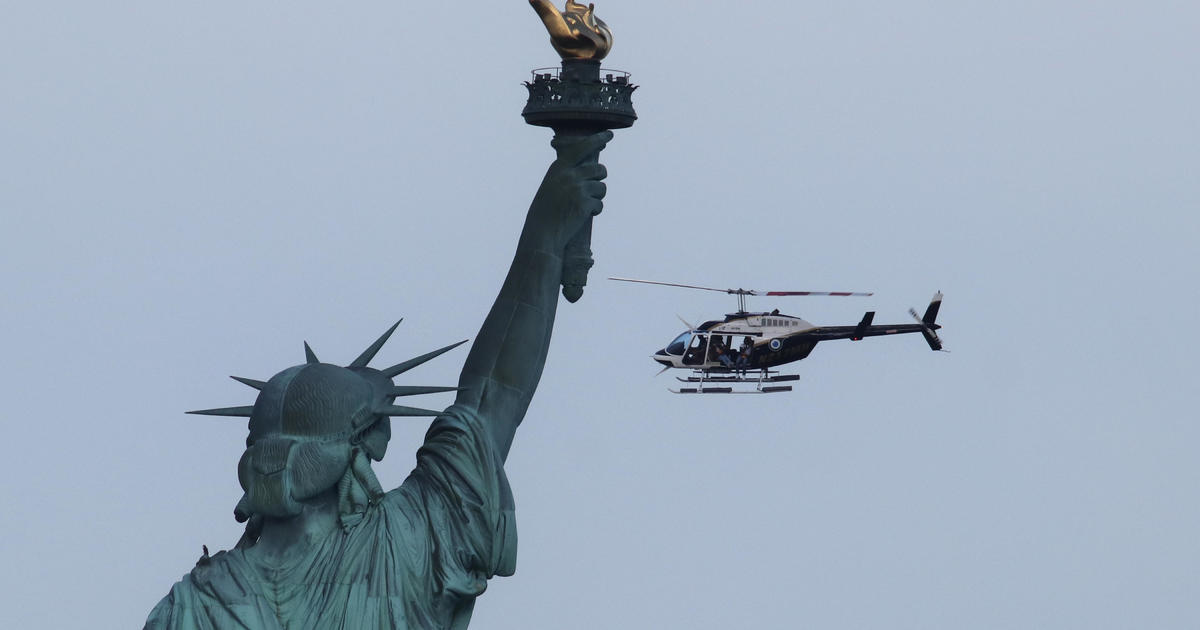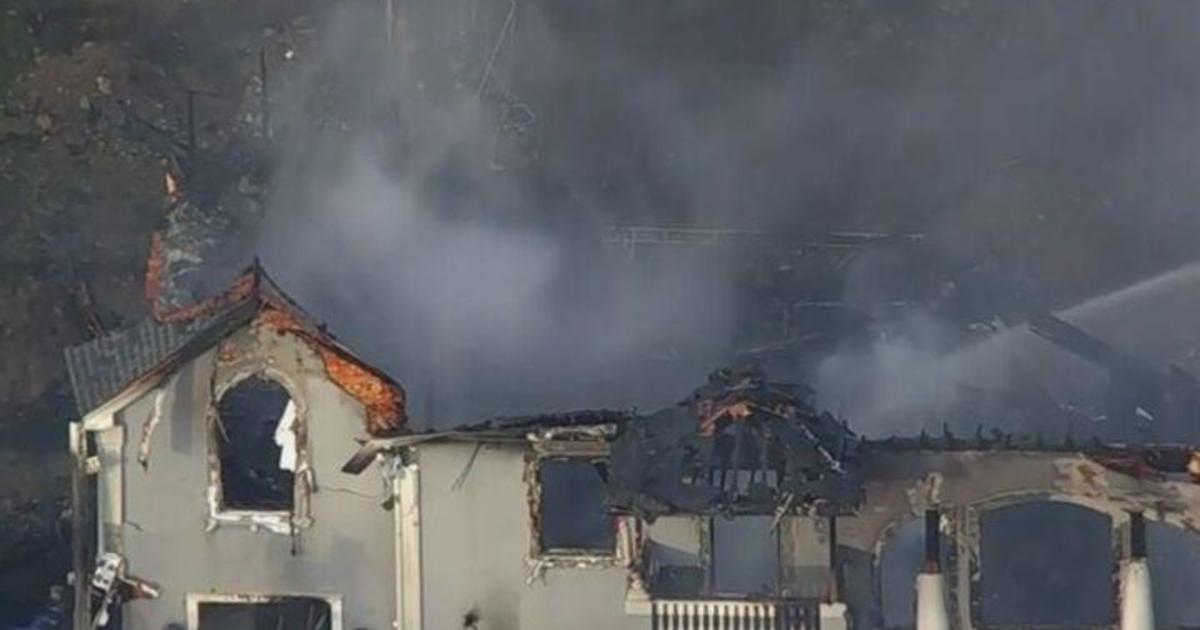Study: Simple Temperature Checks And Question Screening Not Very Effective Catching COVID-19 Spreaders
NEW YORK (CBSNewYork) -- The United States continues to set frightening COVID-19 records -- in new cases and hospitals near, at or over capacity across the country.
This while the most common ways that are being used to screen for the virus may not be effective, CBS2's Dr. Max Gomez reported Wednesday.
MORE: Eli Lilly COVID-19 Antibody Drug Gets Emergency Use Authorization From FDA
Because we do not yet have rapid, abundant testing, one strategy to allow the economy to reopen has been to take people's temperature and ask them a few simple questions about symptoms and travel. It turns out that approach isn't very effective at catching asymptomatic COVID spreaders.
CORONAVIRUS PANDEMIC
- Tri-State Coronavirus Travel Advisory Quarantine List
- Resources, Hotlines, Unemployment & Covering Bills
- Remote Learning Tools For Parents Teaching At Home
- CBS2's Dr. Max Answers Your Health Questions
- What To Do If Someone Isn't Social Distancing Or Wearing A Mask?
- Expert: Parents Be Mindful Of Children's Stress After Months Of Isolation
- Chopper 2 Over Empty NYC Streets, Landmarks
- Complete Coronavirus Coverage
The discouraging news comes from a just-published study in the New England Journal of Medicine. Researchers from the Navy and the Icahn School of Medicine at Mount Sinai tested, followed and quarantined under close supervision nearly 2,000 new Marine Corps recruits before and at the start of basic training.
MORE: Pfizer Says Trials Show COVID-19 Vaccine Is 'More Than 90% Effective'
Few infected recruits had symptoms before a nasal swab test diagnosed them with coronavirus, despite daily temperature and symptom screening.
"This suggests that relying on symptom screening and temperature checks alone, it's not very effective in finding infected individuals. All of the infected individuals were found by scheduled tests that were done independent of the presence of symptoms or elevated temperature," said Dr. Stuart Sealfon of the Icahn School of Medicine.
CORONAVIRUS: NY Health Dept. | NY Call 1-(888)-364-3065 | NYC Health Dept. | NYC Call 311, Text COVID to 692692 | NJ COVID-19 Info Hub | NJ Call 1-(800)-222-1222 or 211, Text NJCOVID to 898211 | CT Health Dept. | CT Call 211 | Centers for Disease Control and Prevention
This while COVID cases and hospitalizations are skyrocketing across the country. However, the death rate in the Tri-State Area has been surprisingly low compared to our first massive outbreak back in the spring.
Experts attribute that partly to experience, leading to better medical care and medications. Also older, more vulnerable people are taking greater precautions, so infected populations are trending younger.
The bad news is that death rates generally lag two to three weeks behind hospitalizations, so we may yet see mortality numbers rise. Dr. Sealfon said our best defense right now is masks, social distancing and massively increased testing.
MORE FROM CBS NEW YORK
- Family: Upstate Woman Missing A Week After Going Bowling In Queens
- Aggressive Effort To Curb COVID-19 infection Rates Begins On Staten Island; N.J. Restrictions Looming
- NYC Sees Long Lines At Some COVID Testing Sites As Cases Keep Climbing
You can get the latest news, sports and weather on our brand new CBS New York app. Download here.



